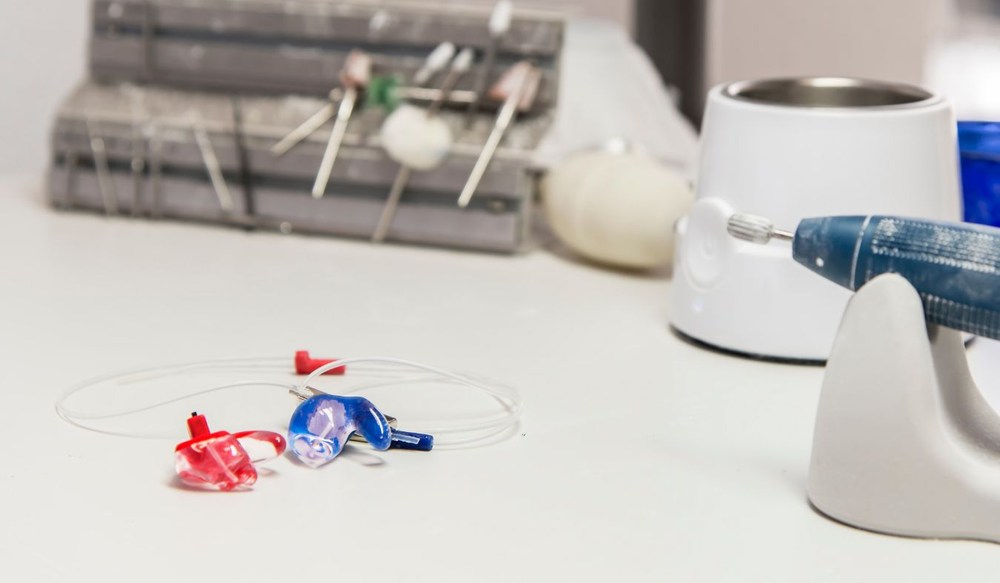Protecting Your Hearing During Summer Sports
Summer brings a lot more noise into your life than you might realize.
Walk In Cleaning Clinic: Come in on Mondays, Wednesdays, Thursdays, or Fridays anytime between 1 – 2pm for our walk in cleaning clinic!

Balance disorders are common in people with hearing loss. In fact, research has shown that there is a strong link between balance problems and hearing loss. It can happen at any age so it’s important to be aware of the signs and symptoms, however, it is most prominent in those over the age of 65.
Before we dive into the connection between balance disorders and hearing loss, it’s important to understand how balance works. Balance is controlled by three main systems in your body:
All three of these systems work together to help you maintain your balance. But if one of these systems isn’t working properly, it can lead to balance problems.
There are several reasons why balance disorders and hearing loss often go hand-in-hand. Let’s take a look at some of the most common reasons:
If you have hearing loss, it’s important to be aware of the risk of balance disorders. If you experience any balance problems, be sure to talk to your medical professional. They can help you manage your symptoms and reduce your risk of falls.
Better Hearing of Madison County offers a wide range of services, including hearing tests, hearing aid fittings, repairs and maintenance.
If you have a balance disorder, there are several treatment options available. Some common treatments include:
If you have a balance disorder and hearing loss, it’s important to get treatment for both conditions. Treating one condition can often help improve the other. For example, if you treat your hearing loss, it may help improve your balance. And if you treat your balance disorder, it may help improve your hearing.
If you think you may have a balance disorder, the first step is to talk to your medical professional. They can help you diagnose the condition and develop a treatment plan.
Better Hearing of Madison County offers comprehensive hearing evaluations to assess your hearing health. If you think you may have a balance disorder or hearing loss, contact us today to schedule an appointment. We’ll work with you to find the best treatment options for your individual needs. Call us at (315) 693-3637.

Summer brings a lot more noise into your life than you might realize.

When you’re choosing hearing aids, you want devices that help you

Your hearing aids are more than just devices – they’re your